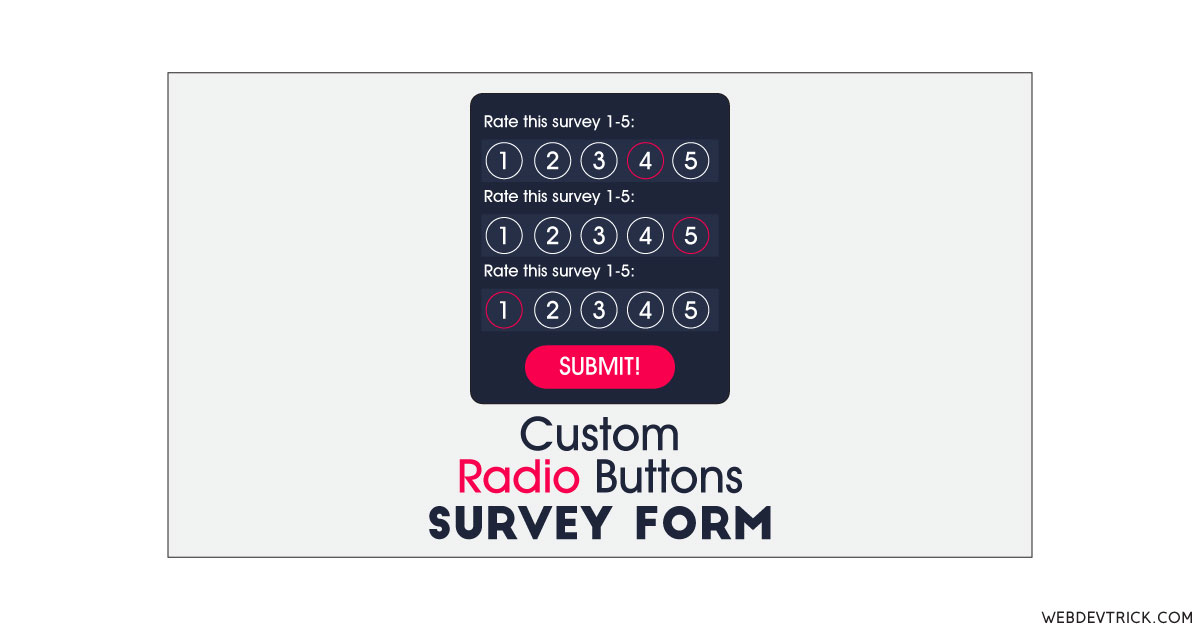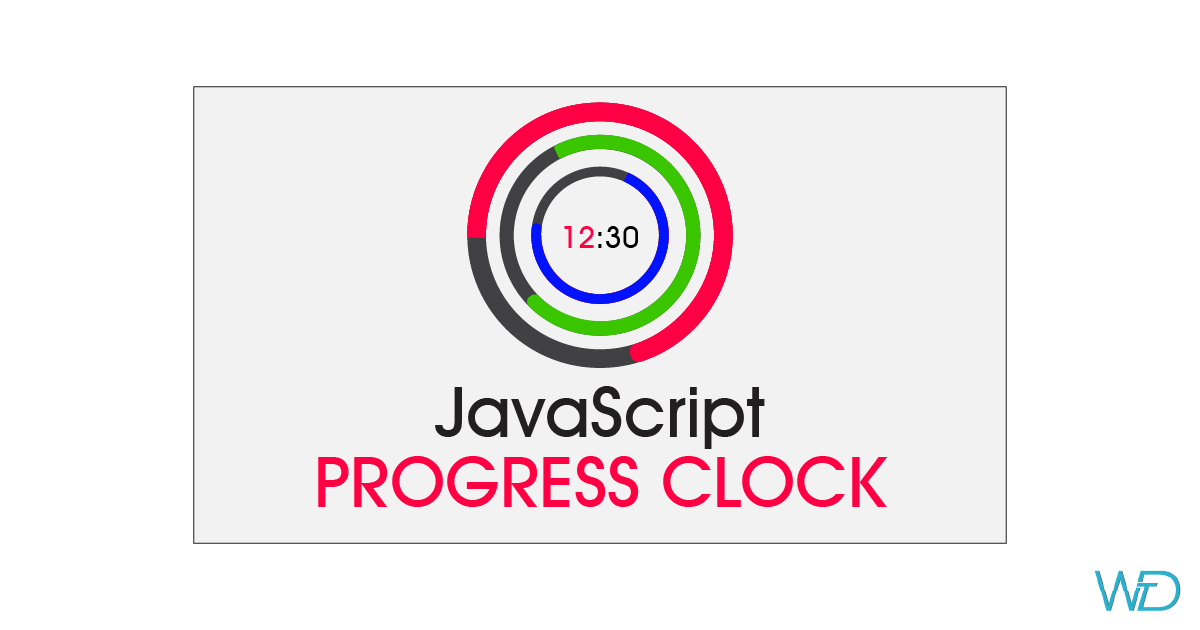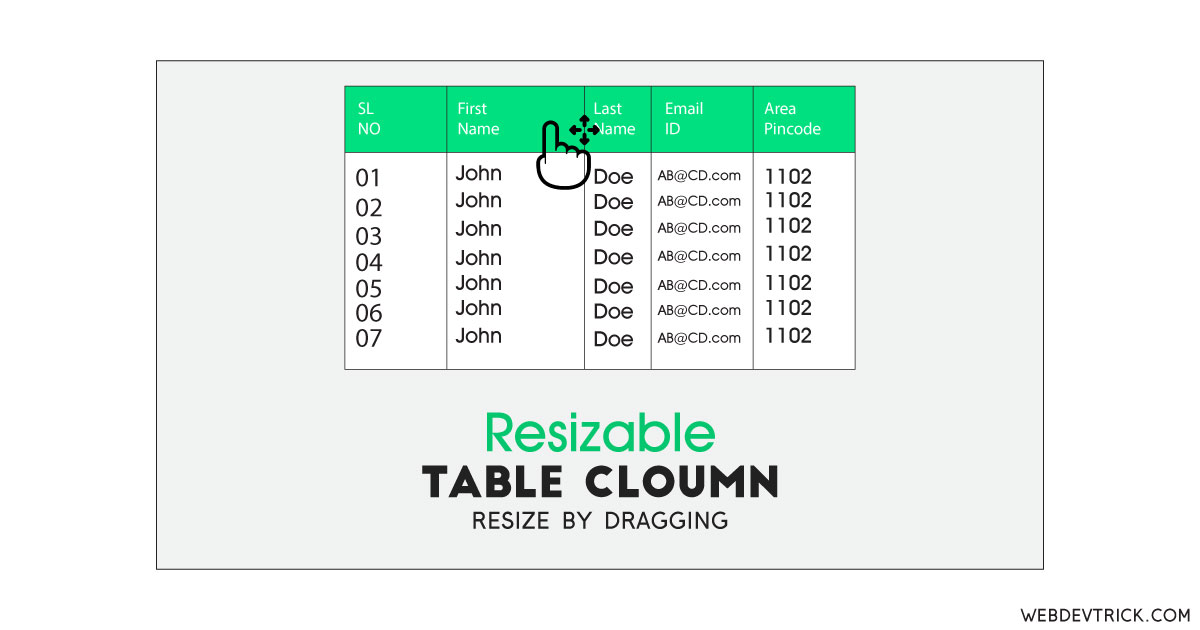Two of today’s most talked-about investment vehicles, cryptocurrencies and non-fungible tokens, derive a lot of their value from the digital innovation that powers their existence: blockchain technology. Essentially, the blockchain is a kind of database designed to facilitate transparency.
In a regular database, data would be stored in a centralized ledger, which is managed by a single authority. In the blockchain, on the other hand, information is not stored in a single place, but rather, in “blocks,” which are joined together in chronological order. Each block will contain information about the block preceding it. Therefore, because the blocks are synchronized with one another, no one can tamper with any block without also altering the information of the surrounding blocks. This makes it difficult for hackers to alter information without leaving a footprint.
These days, blockchain technology is mostly used to power cryptocurrency transactions. However, with the technology achieving greater mainstream recognition, developers continue to seek new uses. We’ll dive into these different, unique uses of blockchain technology across industries.
Art
These past two years, NFTs, or non-fungible tokens, have been taking the world by storm. As their name implies, non-fungible tokens are assets that cannot be replicated. This distinguishes them from cryptocurrencies, as all cryptocurrency coins are identical and interchangeable.
Because each token is unique, NFTs are particularly useful for representing collectible assets, like art, sports cards, and rarities. For digital artists, such as illustrators and graphic designers, NFTs have become a popular way to sell art online. By attaching a unique digital signature to their art, artists can essentially create a one-of-a-kind, tokenized version of their artwork, which cannot be duplicated. And because that token will be the only existing copy of the original, its value will increase.
Sports
Using blockchain technology, developers have created new ways for fans to express their love for their favorite sports teams: fan tokens. Sports fans can purchase their team’s designated fan tokens to gain access to an encrypted ledger of VIP privileges, such as access to exclusive games, promotions, and chatrooms. Fans can even use fan tokens to buy voting rights for certain team decisions. Said voters therefore have the power to influence things like kit designs, team tour destinations, and even goal music. And since fans use real-world money to purchase fan tokens, they can also sell their tokens to other fans for profit.
Healthcare
The anti-fraud properties of the blockchain make it an ideal vehicle for storing valuable data, such as medical records. Though blockchain technology in the healthcare sector has yet to be implemented on a mainstream scale, researchers are looking into the possibility of using decentralized databases to keep healthcare information secure. According to their theories, this can be achieved by giving each individual patient a private key, which can be used to access their private medical information. By distributing private keys across a number of patients, hackers can no longer steal data on a large scale, as they would be required to breach every patient’s individual block.
Voting
Through blockchain technology, governments can make the voting process more secure. Votes cast on a blockchain database would then be stored in nodes. Since hackers would be forced to breach each voter’s ballots individually, it would be difficult for voter fraud to make an impact, much less go undetected. Many companies are already experimenting with such technologies, aiming to make voting safe enough to move online, thus making voting accessible to citizens with disabilities and residents of remote areas, who have limited options for accessing these polling centers.
Though the blockchain may seem complex, more investment in its anti-fraud features might allow us to create solutions for many day-to-day problems. Today, blockchain technology benefits investors, artists, and sports fans, but further research may allow it to improve healthcare operations, voting, and other processes.








